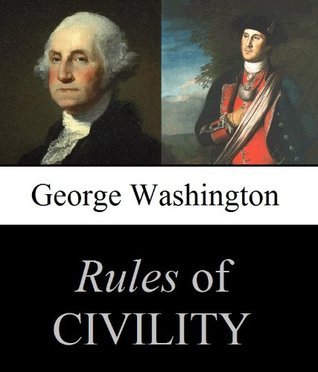What do you think?
Rate this book


96 pages, Kindle Edition
First published November 30, 1887
"‚Ä� to dismiss "The Rules of Civility" as "mere" etiquette, and outdated etiquette at that, is to miss the point. The rules address moral issues, but they address them indirectly. To say that they focus on etiquette is another way of saying that they are morally indirect. This is what separates them from Franklin's maxims (as well as the self-help and how-to manuals of today) ‚Ä� Franklin's little sermonettes ‚Ķmake clear and fairly blunt moral points ‚Ä� "The Rules of Civility" take a different tack. They seek to form the inner [person] by shaping the outer."